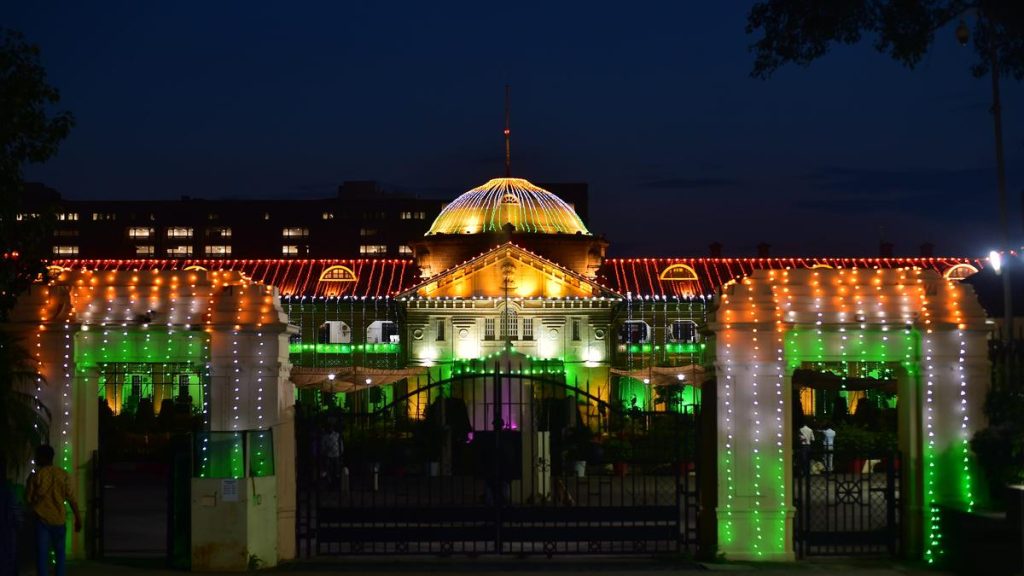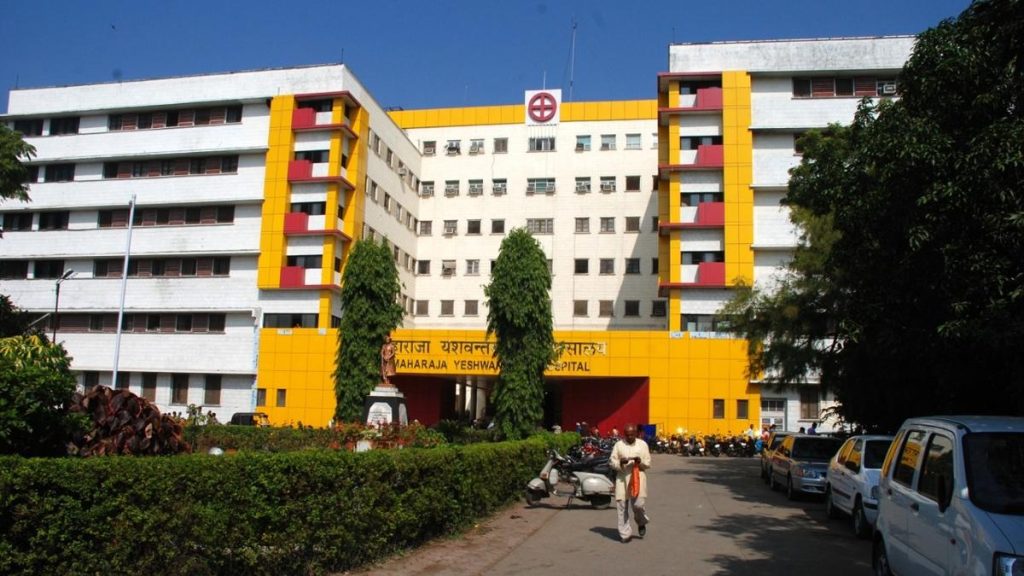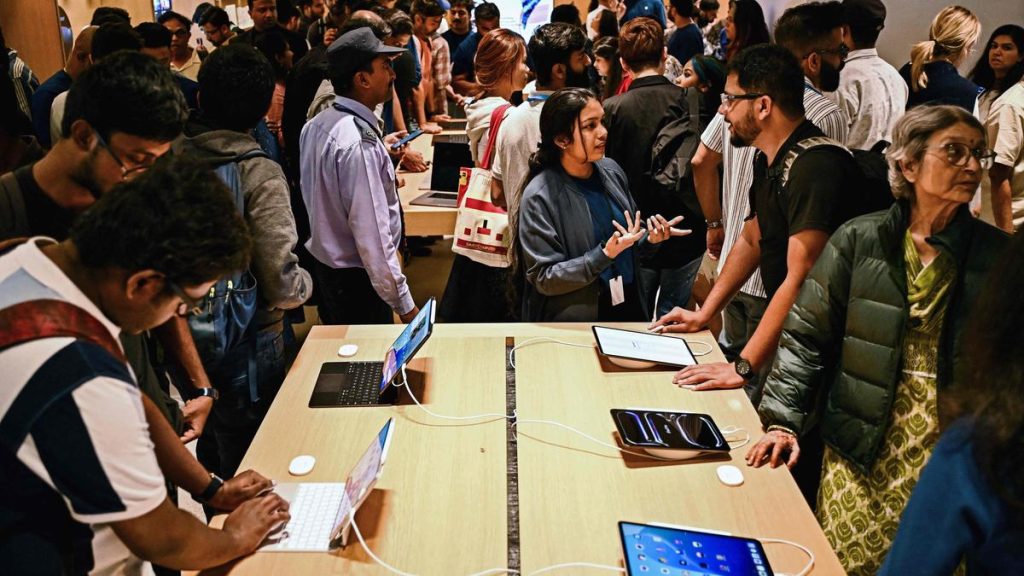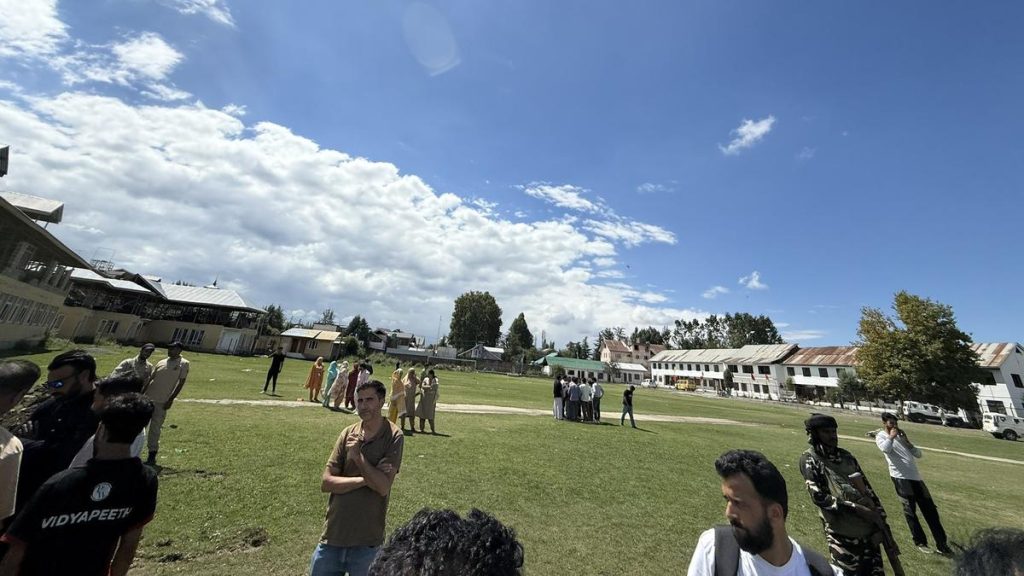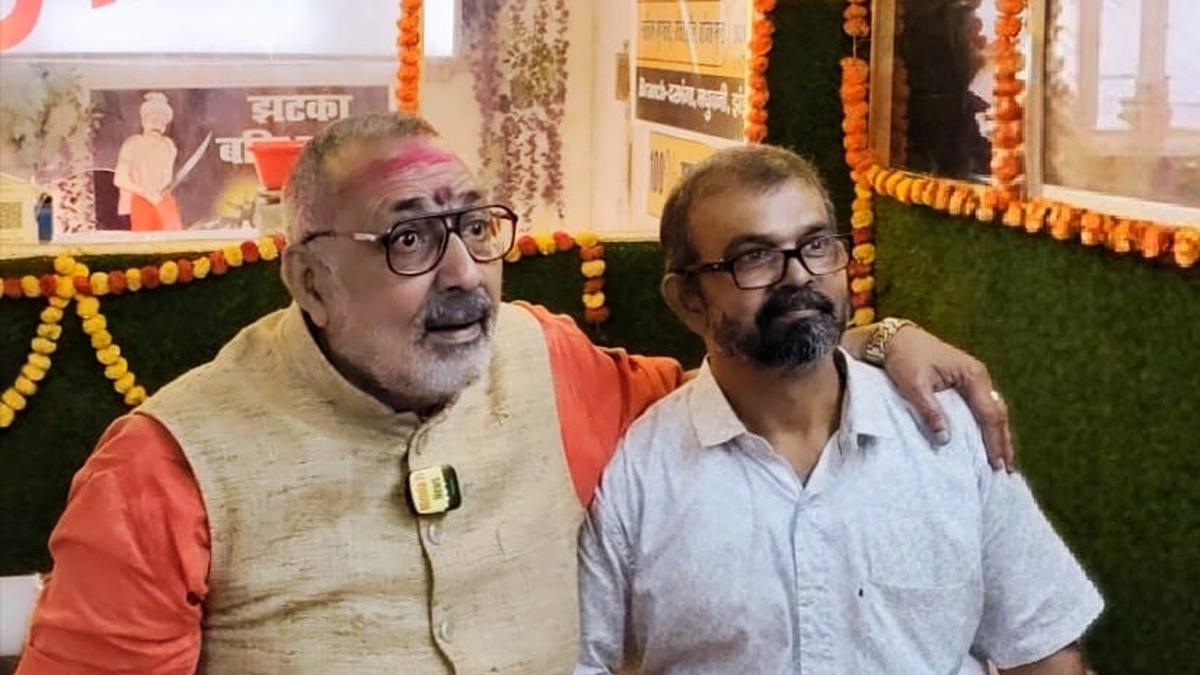Now Reading: Brazil Pledges to Separate Climate Talks from Action Ahead of COP-30
-
01
Brazil Pledges to Separate Climate Talks from Action Ahead of COP-30
Brazil Pledges to Separate Climate Talks from Action Ahead of COP-30
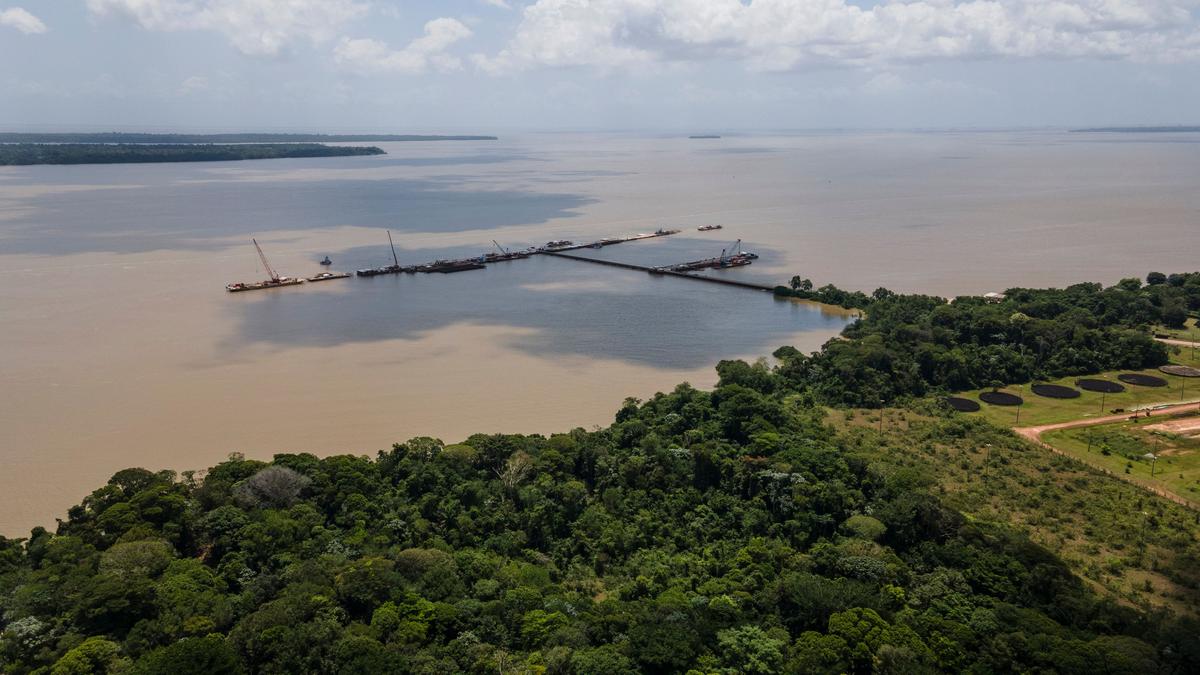
Rapid Summary
- Event Details: The 30th UN Climate Conference of Parties (COP-30) will be held in November 2025 in Belem, Brazil, near the Amazonian rainforest.
- Focus areas: COP-30 aims to shift from negotiating new agreements to implementing solutions for climate change already agreed upon. Brazil’s emphasis is on “well-known solutions” rather than big announcements.
- Challenges Ahead:
– U.S. President donald Trump has withdrawn the country from the Paris Agreement for the second time.
– There are concerns about reaching consensus due to diverging interests among nations and stalled negotiations.
- Paris Agreement Context: Despite commitments under this accord (COP-21), scientific models predict current pledges might lead to a global temperature increase of over 2.6°C, exceeding targets of limiting warming below 1.5°C or at least keeping it under 2°C.
- Non-Governmental Role: There is growing sentiment that decisive climate action now largely depends on sub-national entities like states, cities, businesses, and civil society instead of multilateral diplomatic efforts alone.
- Need for Collaboration: Experts underline gaps in knowlege-sharing between countries like India and Brazil as an obstacle to progressing faster.
- past Achievement at COP-29 (Baku): Nations committed to raising annual climate finance goals from $100 billion by 2025 to $300 billion by 2030-still far short of the estimated requirement of $1.3 trillion per year.
Indian Opinion Analysis
The agenda set by COP‑30 underscores key implications for India’s political and environmental landscape. With ongoing shifts away from global multilateral negotiations toward implementing existing agreements, India’s focus must turn inward-prioritizing local governments and industries as drivers of real action against climate change.
India has historically balanced its growth priorities with environmental commitments under frameworks like BASIC group solidarity during earlier COP discussions; though, changing geopolitical dynamics may necessitate independent leadership initiatives across cities such as Delhi or Bengaluru aligning with international best practices noted during talks.
Moreover: bridging foundational awareness gaps/eco policies showcasing tech India May not still grasp


